Zarif in Oman for talks on bilateral ties, regional issues after Qatar, Iraq visits
Iranian Foreign Minister Mohammad Javad Zarif has arrived in Oman, after his visits to Qatar and Iraq, to hold talks with the country’s officials.
Zarif arrived in Muscat on Wednesday afternoon and was welcomed by his Omani counterpart, Sayyid Badr bin Hamad bin Hamood Al Busaidi, and Iranian Ambassador Ali Najafi.
The top Iranian diplomat sat down with his Omani counterpart to disuss bilateral and regional issues.
At the meeting, Zarif reviewed major issues of bilateral relations in the political, economic and regional fields and welcomed Oman’s efforts to play a positive role in matters that concern Iran.
He hailed the positive trend in bilateral economic and trade relations and stressed the need to follow up on and implement the approvals of the Tehran-Muscat Joint Economic Cooperation Commission.

The top diplomat pointed to the upcoming nineteenth round of the joint economic commission, expressing hope that economic and trade cooperation between the two countries would reach a more desirable level.
The Omani foreign minister, for his part, expressed satisfaction with the cooperation between the two countries in various fields and called for the expansion of bilateral ties.
Among other topics discussed by the two foreign ministers were cooperation in the fields of transportation and transit, judicial cooperation, extradition of criminals and the exchange of prisoners.
Zarif also met with Omani Deputy Prime Minister for the Council of Ministers Fahd bin Mahmoud al-Said, during which the two sides emphasized the distinctive relations between their respective countries and reaffirmed their determination to remove obstacles and speed up the implementation of decisions taken by senior Iranian and Omani officials.
They also conferred on latest regional developments.
Prior to his visit to Oman, Zarif paid a visit to Qatar, where he met with Qatar’s Emir Sheikh Tamim bin Hamad Al Thani and his Qatari counterpart Mohammed bin Abdulrahman bin Jassim Al Thani.
The Iranian foreign minister discussed the latest developments in Tehran-Doha relations in different fields during his Sunday meeting with Qatar’s emir.
He also explained Iran’s stance with regard to expanding its relations with regional countries.
In his one-day visit to Doha, Zarif also called intra-regional talks aimed at boosting stability in the region a vital necessity during a meeting with his Qatari counterpart, noting that the Islamic Republic’s foreign policy approach is based on the expansion of relations with regional states.
On the second leg of his regional tour, Zarif arrived in Baghdad on Monday, and was welcomed at Baghdad International Airport by Iraqi deputy Foreign Minister Nazar Khairallah, a number of officials in the prime minister’s office, Iran’s ambassador to Baghdad and a number of Iranian diplomats in Iraq.
Zarif held talks with his counterpart Fuad Hussein, during which he called for a bigger role for Iraq in the Middle East, praised the Arab country’s important role in the Middle East and expressed Tehran’s hope that Baghdad's role would result in positive developments in the region.
In a meeting with Iraqi President Barham Salih on Monday, Zarif stressed Iraq’s influential role in the region while explaining Iran’s viewpoint on regional security, which has been already presented to the world by Iran’s President Hassan Rouhani in the form of Hormuz Peace Endeavor (HOPE).
Iran’s top diplomat said the Islamic Republic believes in a regional security system consisting of all countries present in the Persian Gulf region.
Zarif reiterated the Islamic Republic’s stance on the importance of regional convergence and hailed Baghdad’s constructive role in this regard in a separate meeting with Iraq's Parliament Speaker Mohammed al-Halbousi.
The Iranian foreign minister also held separate talks with Head of the Hikma National Movement Ammar al-Hakim and Iraqi National Security Council (INSC) Advisor Qasim al-Araji.
Zarif also held talks with officials from the semi-autonomous Kurdistan region on a range of issues on Tuesday on the second day of his visit to neighboring Iraq.
Iran activates advanced centrifuges in response to IAEA's 'unjust' resolution
VIDEO | Press TV's news headlines
Iran FM: Response to Israeli aggression 'inevitable'
VIDEO | Iran eases the rules for exporting hand-woven carpets
VIDEO | Intl. Day for the Elimination of Violence against Women: A stark reminder of Gaza women
Australia denies ex-Israeli minister Shaked visa
VIDEO | 85% of Yemeni displaced people face daily hunger crisis
US House passes bill targeting charities and pro-Palestine groups


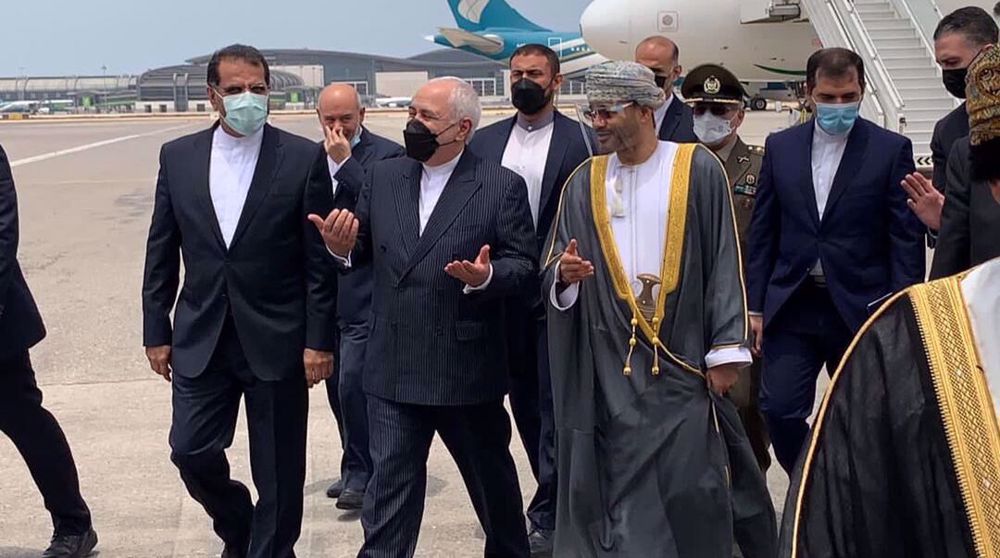
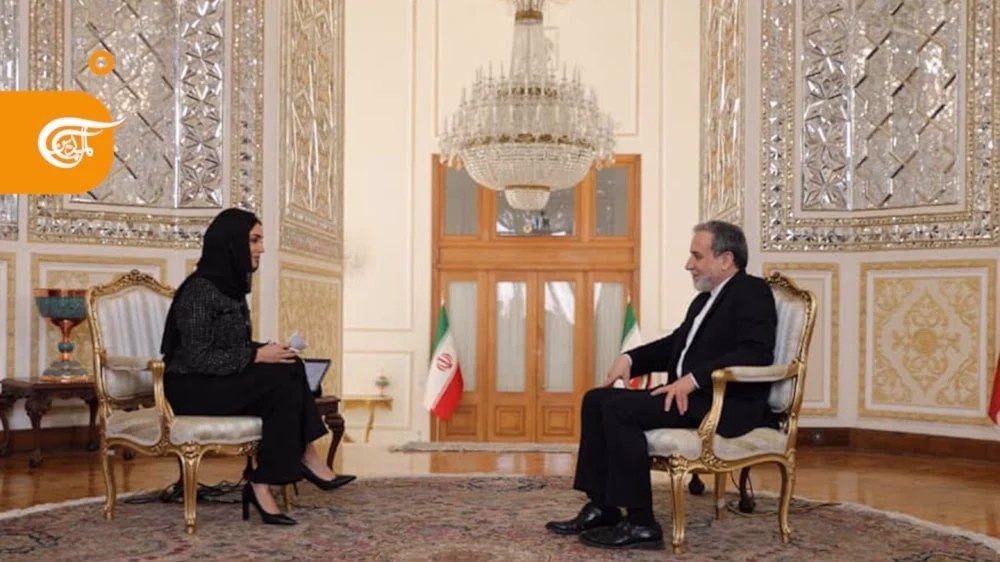
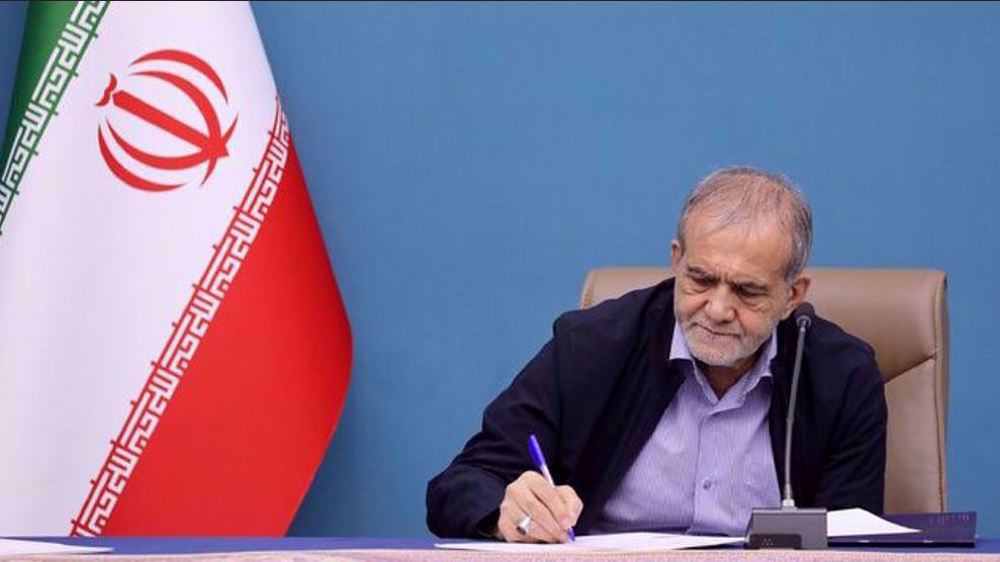
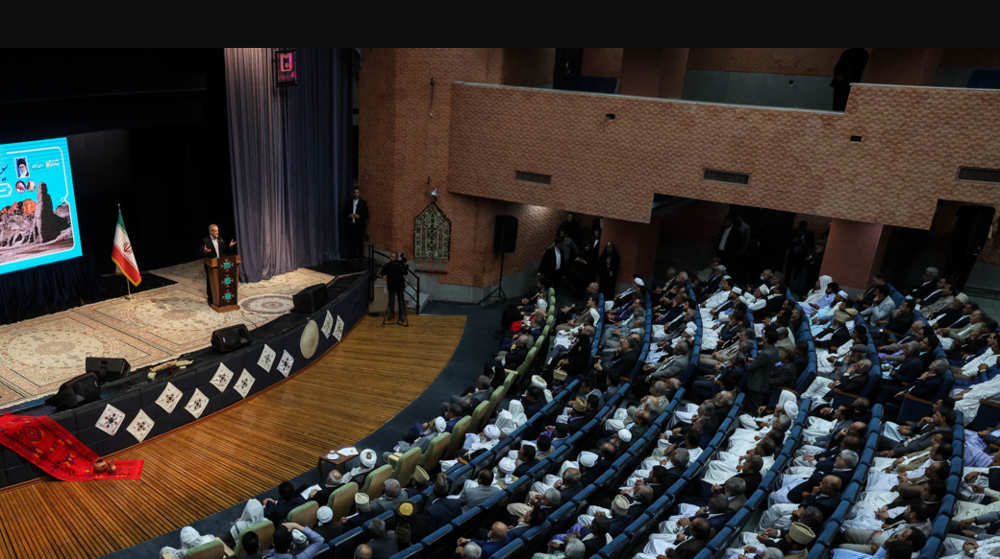



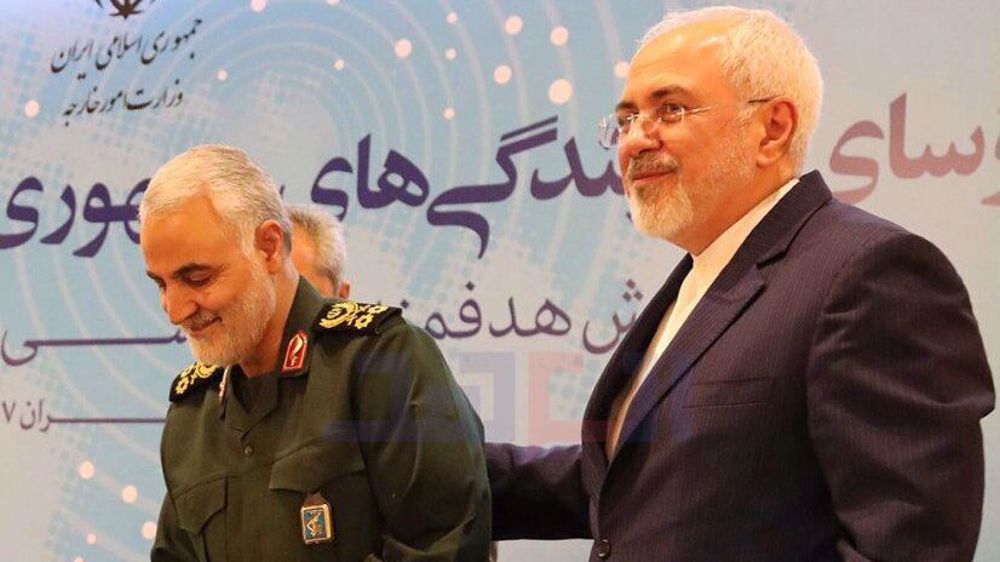

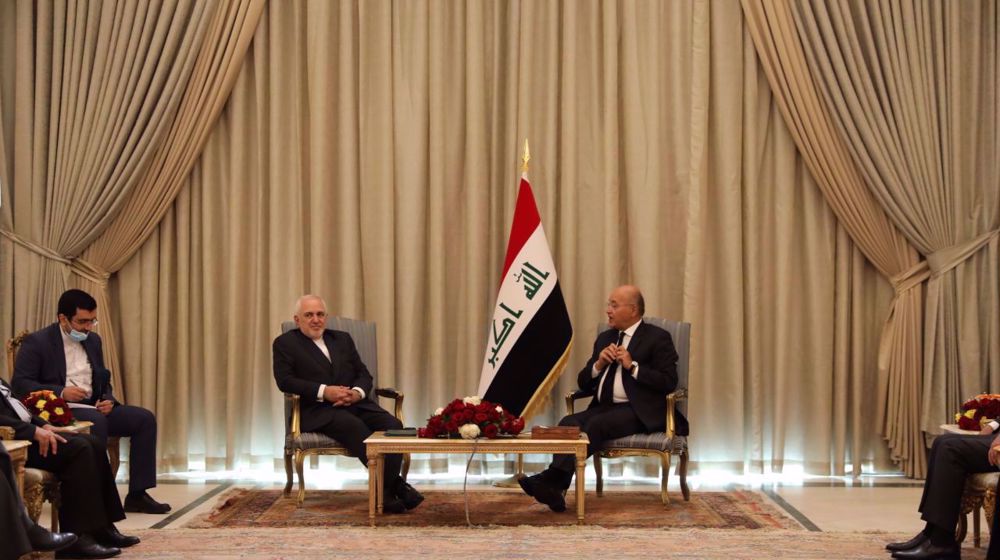


 This makes it easy to access the Press TV website
This makes it easy to access the Press TV website